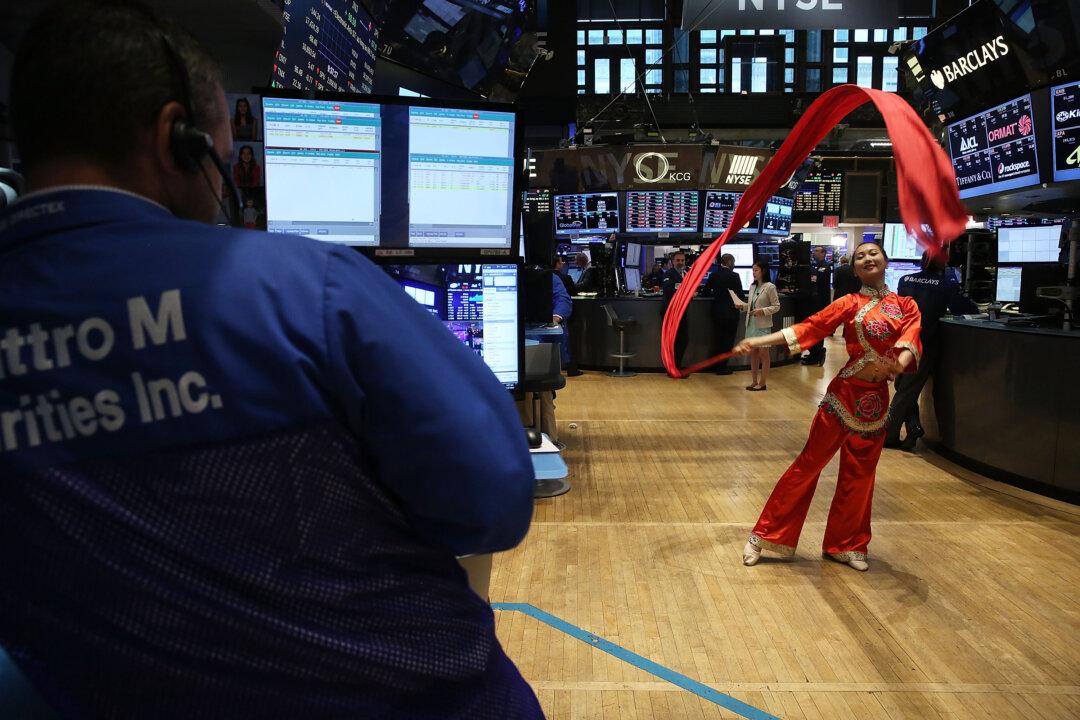WASHINGTON—Chinese stocks trading on U.S. exchanges dipped on Jan. 4 after the New York Stock Exchange announced that it would delist shares of China’s three large telecom companies in light of President Donald Trump’s new executive order regarding companies with ties to China’s military.
On the first trading day of 2021, a sharp fall in the shares of three Chinese telecom carriers led to an initial sell-off across Chinese shares on U.S. stock markets amid fears of further U.S. sanctions.





